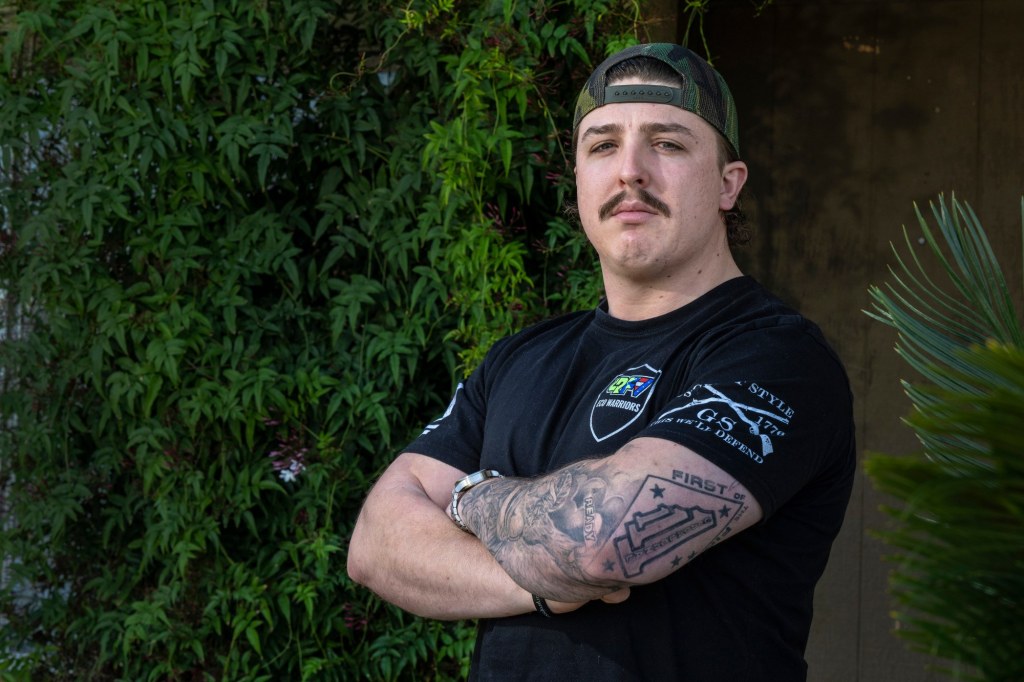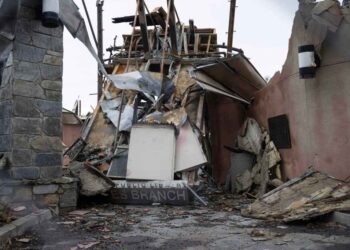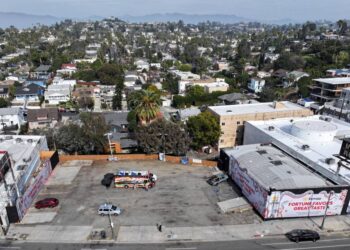Kyle Hansen had almost fulfilled his service contract with the Marine Corps when he was injured in a training accident at Camp Pendleton.
When he left the service in 2018, he moved back home to Mission Viejo with his parents and set out to navigate the civilian world, a task he knew could be difficult given little preparation and the medical challenges he faced from being badly burned and having a brain injury.
“Some people I know slept in cars, and some went to drugs,” said Hansen, now 28, of fellow Marines also leaving the service. “You realize life is hard and how important it is to become a great American now, even more than when I was serving.”
Despite not having a job lined up before he left Camp Pendleton, a connection with a fellow Marine veteran who’d started a solar company helped Hansen start becoming financially stable. But a recently published USC report, “The State of the American Veteran: The Southern California Veterans Study,” out of the Suzanne Dworak-Pack’s School of Social Work, found many Southern California veterans struggle.
The study, led by Sara Kintzle, an associate research professor, queried more than 3,000 veterans – most were non-commissioned and junior level – from Los Angeles, Orange County and San Diego counties who had served in the Army, Navy and Marines. Though most served between 2001 and 2016, there were also older vets represented.
The study follows several others done more than a decade ago, allowing for comparisons to see what has improved as more community groups, nonprofits and government agencies have stepped up their efforts to serve the needs of local veterans. Familiar topics of a lack of preparation, mental health issues and stigmas, housing and food insecurities and loneliness re-emerged.
Some 69% of veterans said when they left the military, they felt like they had to start over; 54% said adjusting to civilian life was complicated. More than 30% left the service without a job line up;…
Read the full article here







